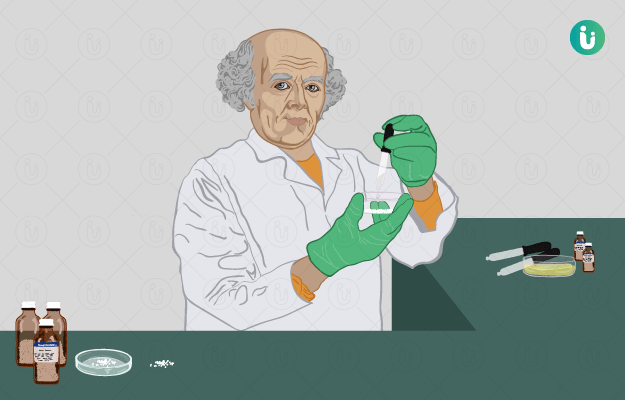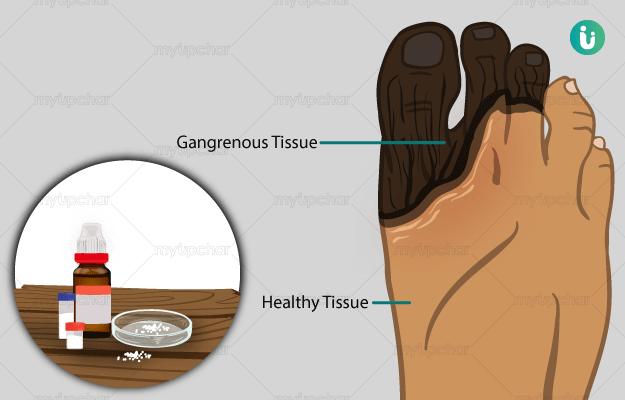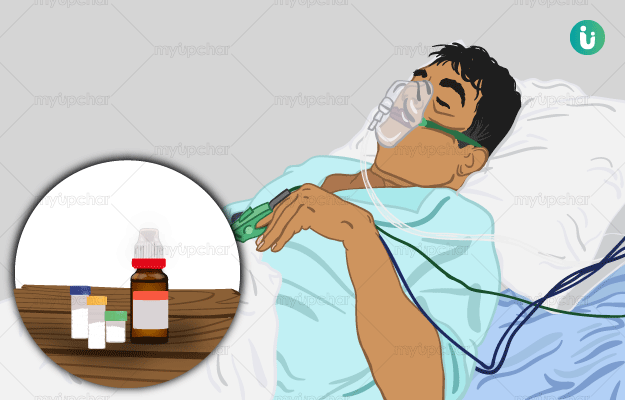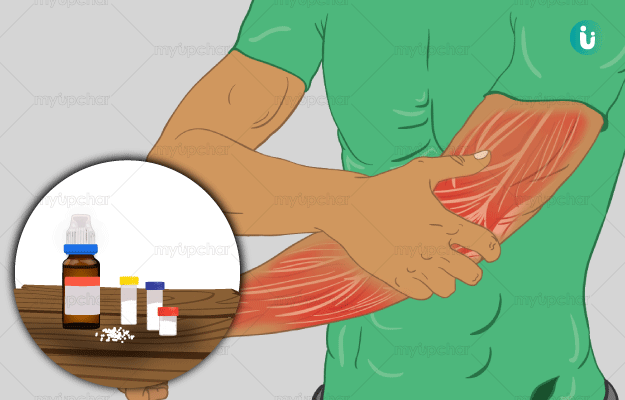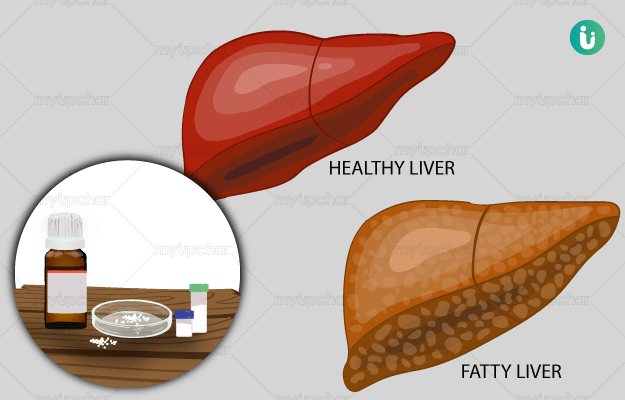The word ‘homeopathy’ derives from the Greek words homoios meaning ‘like’ and patheia meaning ‘suffering’. Homoeopathy was founded by Dr. Samuel Hahnemann in 1796 in Germany. It is based on the natural law of healing ‘Similia Similibus Curantur’, which translates to ‘likes are cured by likes’. This means that substances that produce symptoms in large doses in healthy persons can cure similar symptoms in a sick person when given in small doses. Homeopathy employs nano doses of natural substances like plants and minerals (referred to as remedies) to treat a wide spectrum of diseases. These remedies can treat acute as well as chronic conditions, ranging from fever and cough to arthritis and lifestyle diseases like diabetes. Being a holistic therapy, homeopathy does not treat individual symptoms but takes into consideration the mental and physical makeup of the person along with their personality for complete treatment. Nearly 200 million people globally take homoeopathic medicines or treatments, and it is the second most popular system of medicine in India.

- हिं - हिंदी
- En - English
- म - मराठी
- తె - తెలుగు
- த - தமிழ்
- বা - বাংলা
